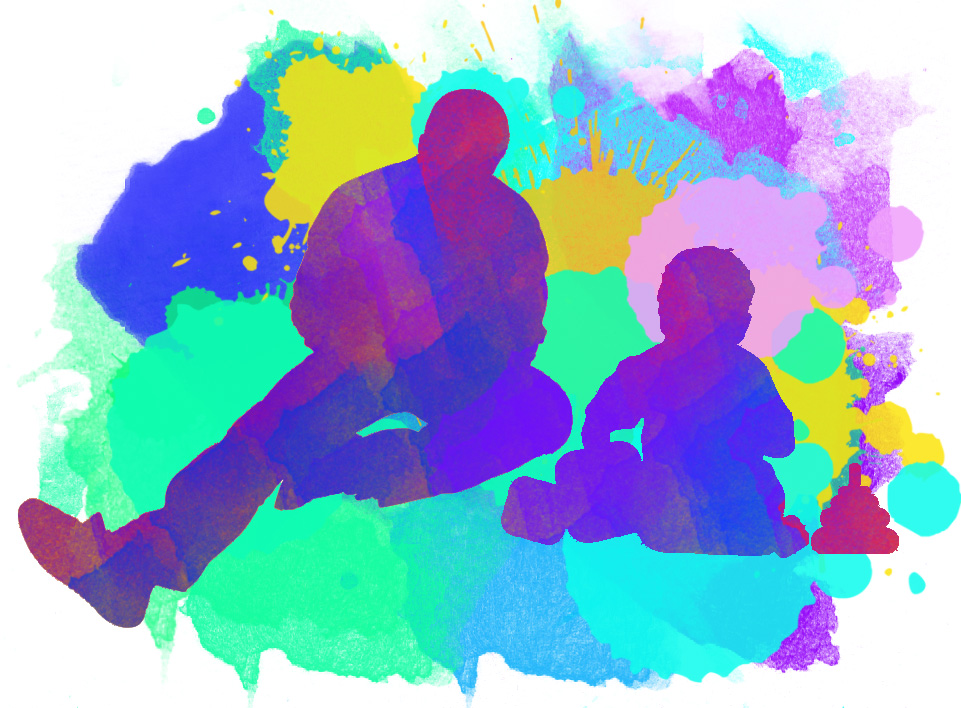
February 23, 2026
Helping children express, explore, and heal through play.

Play therapy is a child-centred therapy. Working at the child’s pace, it enables them to explore and process experiences that unconsciously or consciously impact their everyday lives. Unlike traditional talking therapy, play therapy helps children communicate their thoughts and feelings in a natural, comfortable way. Therapy may include puppets; dolls houses; games; sensory play; and creative activities, such as art. Often what is communicated through play is unconscious and therefore provides the therapist with a deeper understanding of the child’s internal world. For this reason, experiences that a child cannot verbalise can be conveyed and processed safely at their own pace. Therefore, it can be particularly beneficial for children who have experienced trauma, and for those who generally struggle to put their emotions into words.

Whereas adults often use words to express feelings, children think, express themselves, learn, process experiences and heal through play. This is why play therapy works. Confirmed by extensive research in child psychology and psychotherapy, neuroscience and developmental theory, play therapy and the therapeutic relationship effectively support children to explore complex emotional needs to move forward towards growth and change.
Through play, children can explore difficult experiences, gain confidence, grow in self-awareness and develop healthy ways to express themselves. For most children, play is their primary natural means of communication, learning and self-expression, hence play therapy is a powerful tool for helping children make sense of their internal world, and supporting their emotional well-being.
Play provides a natural way for children to express feelings they may not yet have words for.
Play therapy stimulates imagination, and encourages concentration, organisation and language skills.
Play therapy improves social skills as the child learns how to give, take and understand limits in the play.
The play therapist will explore and verbalise what feelings may be emerging, which helps children regulate their emotions through their awareness.

Play therapy is beneficial for children and adolescents who are:


Play: The child leads the session and has access to the play therapist’s tool kit, which often includes puppets, a sand tray (with small-figures, objects and toys), dressing up wear, therapeutic books, and art materials. The play therapist supports the child’s exploration of their experiences and emotions through play.
Observing and reflecting: The play therapist observes how the child plays, the medium they use to convey their emotions and experiences and what they act out through stories. As the child plays, the therapist offers reflective comments, linking the child’s play to emotions and, if appropriate, experiences. This helps the child to process feelings and life events which can promote healing.
Building coping strategies: Over time, children develop tools to manage stress, anxiety, and other challenges more effectively. These include: healthy self-expression and understanding of emotions; self-awareness and self-regulation; effective ways to communicate needs and have them met; improved problem-solving skills; strategies to help, support and process traumatic or stressful experiences; and forming positive relationships.

Our trained play therapists create a warm and accepting environment where children can explore their feelings freely. We work closely with parents and carers to ensure that therapy supports the child’s overall emotional and psychological growth. Each session is tailored to the child’s needs, providing a space where they feel safe, heard and supported.
Through a compassionate and child-centred approach, we support children to explore their emotional world, help them manage past experiences and navigate present life challenges.
Whilst play therapy is most commonly used with children aged 3-12, it can be adapted for older children and adults.
No, play therapy is structured and intentional. The therapist observes how the child plays, and helps them process feelings in a way that makes sense to them.
Initially, the therapist will meet with parents/carers to discuss initial concerns, the child’s history and their world. Sessions are typically one-on-one with the child; however, parents are involved in the process through reviews (depending on length of support) and guidance/strategies on how to support and understand their child’s needs and emotions.
Yes, play therapy is particularly effective for children who have experienced trauma, as it allows them to express and process emotions safely, without the need for verbal explanations.
Yes, play therapy can be highly beneficial for children who are neurodivergent. It helps them build social skills, emotional regulation, and self-expression in ways that feels natural and comfortable.
Some children take time to trust and feel safe with the therapist and the idea of therapy. A skilled play therapist follows the child’s lead and allows them to engage at their own pace, gradually building trust and feelings of safety. This usually helps the child to feel comfortable enough to engage in the play.

February 23, 2026

February 3, 2026
January 16, 2026
Get in contact with a member of our team for the right support